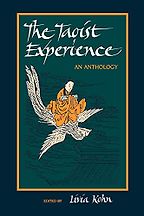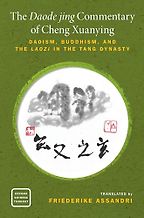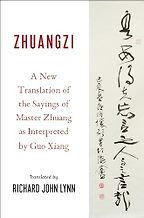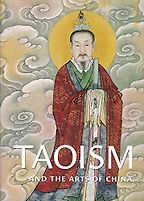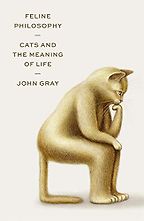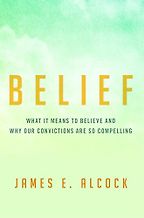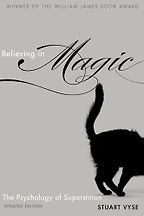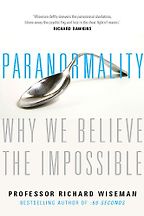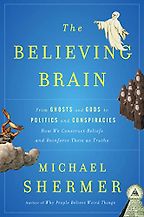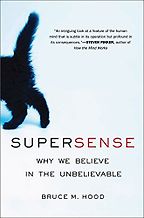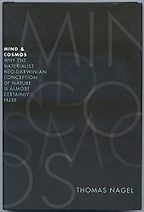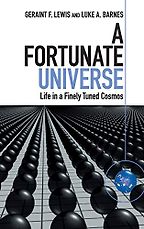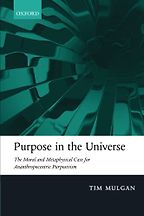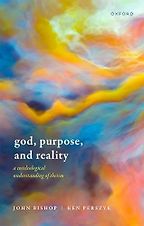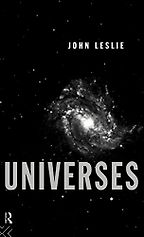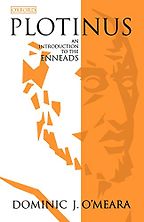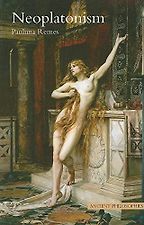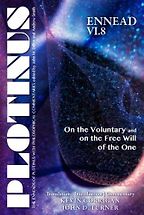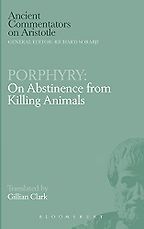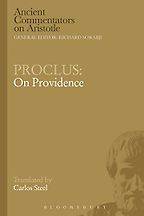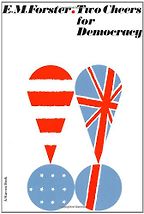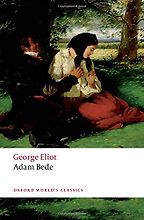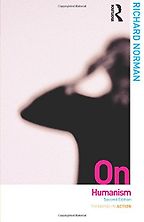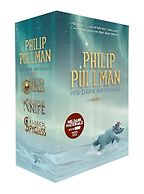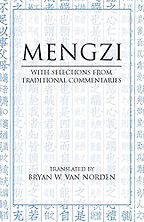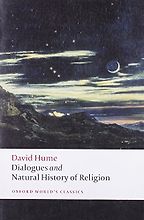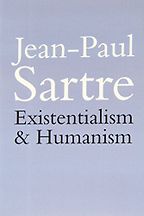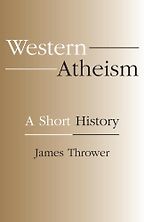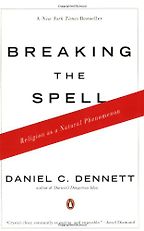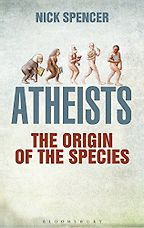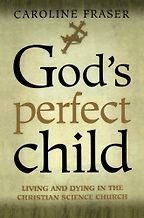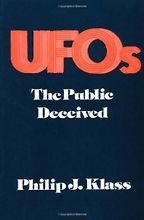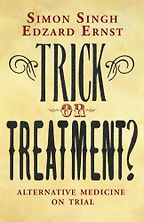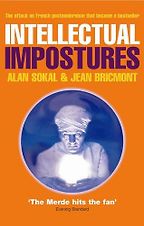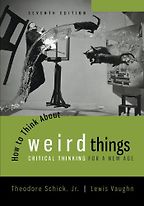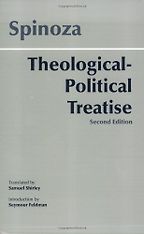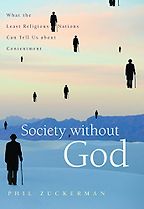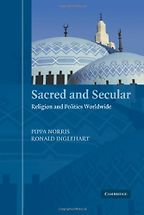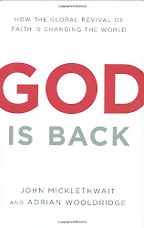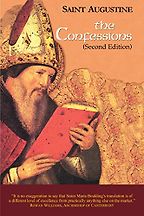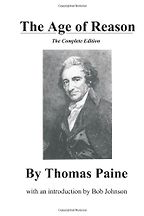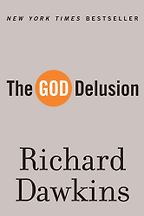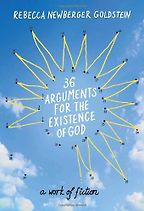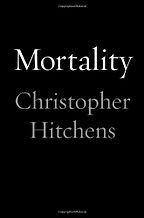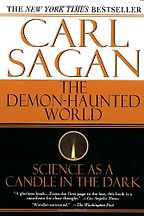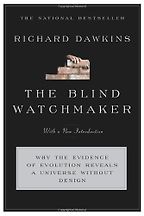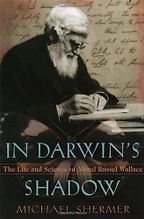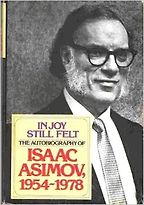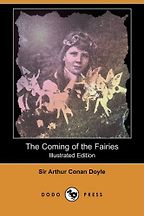Beliefs
Last updated: February 04, 2026
The globalisation of the economy and the modern world’s speed of communication haven’t been followed by a commensurate unification of the world’s belief. Religious belief is enjoying something of a revival in some (but not all) parts of the world and belief in magic, the supernatural and the paranormal remain widespread. Here philosophers and intellectuals recommend books on beliefs, unbelief, God and other related questions.
Andrew Copson, the CEO of Humanists UK chooses his best books on “humanism” and explains that its modern usage carries more baggage than the label “atheism”. A humanist, as well as not believing in God in any conventional sense, believes in empiricism, and that morality is (or should be) internally and culturally determined, rather that imposed by any external authority.
Philosopher Julian Baggini, author of Atheism: a very short introduction chooses his best books on atheism, as does the American author Susan Jacoby. None of their choices overlap, but Jacoby chooses Confessions by Saint Augustine to illustrate how even the best attempt to make a coherent case for belief in a loving omnipotent God fails.
Historian of ideas, Anthony Gottlieb chooses his best books on God, although he comes from much the same angle as Baggini and Jacoby and, indeed, like Baggini chooses David Hume’s Dialogues and Natural History of Religion as a seminal text that demolishes the arguments for the existence of God. Gottlieb describes it as “the masterpiece of English language philosophy”.
James Randi, magician and escape artists, chooses his best books on being sceptical and recounts the time he made Uri Geller cross by pointing out how he bends spoons – he does it with his hands.
-

1
The Taoist Experience: An Anthology
by Livia Kohn -

2
The Daode jing Commentary of Cheng Xuanying: Daoism, Buddhism, and the Laozi in the Tang Dynasty
by Friederike Assandri (translator) -

3
Zhuangzi: A New Translation of the Sayings of Master Zhuang as Interpreted by Guo Xiang
by Richard John Lynn (translator) -

4
Taoism and the Arts of China
by Stephen Little (editor) -

5
Feline Philosophy: Cats and the Meaning of Life
by John Gray
The best books on Taoism, recommended by Simon Cox
The best books on Taoism, recommended by Simon Cox
In the West, Daoism (also spelled ‘Taoism’ in English) has sometimes been reduced to a ‘go with the flow’ approach to life, but there’s a lot more to it than that. Simon Cox, a scholar and martial arts teacher, recommends five books that demonstrate Daoism’s “robust intellectual and aesthetic traditions” since the movement first appeared in China two-and-a-half millennia ago.
-

1
Belief: What It Means to Believe and Why Our Convictions Are So Compelling
by James Alcock -

2
Believing in Magic: The Psychology of Superstition
by Stuart Vyse -

3
Paranormality: Why We See What Isn't There
by Richard Wiseman -

4
The Believing Brain: From Ghosts and Gods to Politics and Conspiracies—How We Construct Beliefs and Reinforce Them as Truths
by Michael Shermer -

5
Supersense: Why We Believe in the Unbelievable
by Bruce Hood
The best books on Paranormal Beliefs, recommended by Christopher French
The best books on Paranormal Beliefs, recommended by Christopher French
Far from being outlandish, a belief in the paranormal appears to be a trait that many human beings share. Christopher French, Head of the Anomalistic Psychology Research Unit in the Psychology Department at Goldsmiths and author of The Science of Weird Shit, recommends five books that explore the paranormal—from a skeptical point of view.
-

1
Mind & Cosmos: Why the Materialist Neo-Darwinian Conception of Nature is Almost Certainly False
by Thomas Nagel -

2
A Fortunate Universe: Life in a Finely Tuned Cosmos
by Geraint Lewis & Luke Barnes -

3
Purpose in the Universe: The moral and metaphysical case for Ananthropocentric Purposivism
by Tim Mulgan -

4
God, Purpose, and Reality: A Euteleological Understanding of Theism
by John Bishop & Ken Perszyk -

5
Universes
by John Leslie
The best books on Cosmic Purpose, recommended by Philip Goff
The best books on Cosmic Purpose, recommended by Philip Goff
The likelihood that intelligent life would come to exist on Earth is so improbable, it’s time to re-explore the idea of cosmic purpose, argues Philip Goff, a professor of philosophy at the University of Durham and the author of Why? The Purpose of the Universe. He recommends five books that cast doubt on our post-Darwinian worldview and help us consider the latest findings of science and philosophy more fully.
-

1
Plotinus: An Introduction to the Enneads
by Dominic O’Meara -

2
Neoplatonism
by Pauliina Remes -

3
Ennead VI.8: On the Voluntary and on the Free Will of the One
by Plotinus, Kevin Corrigan, and John D. Turner -

4
On Abstinence from Killing Animals
Porphyry and Gillian Clark (translator) -

5
On Providence
by Proclus and Carlos Steel (translator)
The best books on Neoplatonism, recommended by Ursula Coope
The best books on Neoplatonism, recommended by Ursula Coope
To the modern reader, Neoplatonist thinkers can seem quite alien, but engaging with them helps us to understand ourselves and modern philosophy better, says Ursula Coope, Professor of Ancient Philosophy at the University of Oxford. She recommends five books to introduce readers to Neoplatonist philosophy, starting with Plotinus in the 3rd century.
The best books on Humanism, recommended by Andrew Copson
Humanist ideas are not a recent phenomenon, but have been around for millennia, says Andrew Copson, chief executive of Humanists UK. He explains why it’s worth making a positive choice to be a humanist and recommends a great humanist reading list.
The best books on Atheism, recommended by Julian Baggini
Which are the best books on atheism? The British philosopher Julian Baggini, author of Atheism: A Very Short Introduction, chooses his top five.
The best books on Pseudoscience, recommended by Stephen Law
Human beings have a tendency to get sucked into dodgy belief systems, often never to escape, argues the philosopher. From UFOs to homeopathic medicine, Stephen Law chooses the best books on ‘pseudoscience.’
The best books on God, recommended by Anthony Gottlieb
The philosopher and former executive editor of The Economist, Anthony Gottlieb, discusses religion and suggests that belief in God only truly declines in a society when economic development brings existential security.
The best books on Atheism, recommended by Susan Jacoby
The main reason for the survival of religion is not a desire to live a better life, but our fear of death, says atheist author and independent scholar Susan Jacoby. Here she recommends five books she considers essential to “understanding the merits of atheism.”
The best books on Being Sceptical, recommended by James Randi
Former magician and internationally renowned debunker of paranormal claims James Randi sharpens his knives against proponents of flim-flam, pseudoscience and the so-called paranormal – and tells us where the creator of Sherlock Holmes went badly wrong. He selects the best books on scepticism for Five Books.
